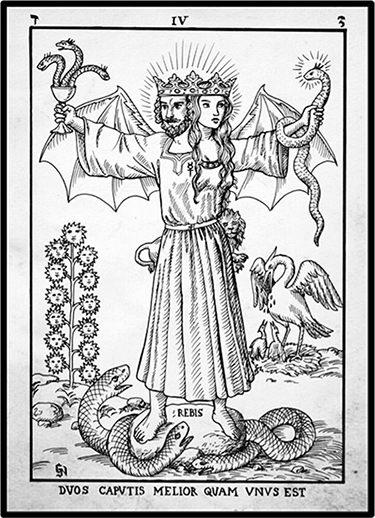
When we observe different armed conflicts and political struggles across the globe, can we grasp what moves people to action? How and why does complexity in political and economic forms emerge? Why do people organize themselves into socieities or risk their lives to maintain or challenge social norms in the name of an idea or cause? Anthropologists interested in colonialism, politics, and violence examine the historical and cultural forces that sway individuals, and how the actions of a few can become collective movements, often with the poten¬tial to change their living conditions if not the world around them. The CPV cluster looks at the formation of human societies, the global economy in its early stages, when the developing economies of certain nation-states plundered the lands and peoples of other continents for resources, and asks how the consolidation of colonial regimes impacts the world in which we live today. We want to know how ideas of law, technological progress, individual rights, justice, and self-hood have been imposed by economically and militarily dominant powers, and how those ideas have been challenged, resisted, or transformed by persons in colonial settings, and then in setting of the post-colonial world. The CPV cluster brings these questions to bear on economic and political crises of the prehistoric and our contemporary world, to analyze pressing issues such as mass migrations, ideological conflicts and other forms of violence, and struggles for political representation, as phenomena that are both interwoven in such global historical transformations as men¬tioned above, and yet still specific to local settings in which they occur.
Faculty
Example Courses
- Anthropology of Film
- Anthropology of Violence
- Political Anthropology
- Hegemony & Power
- Politics of Ethnicity